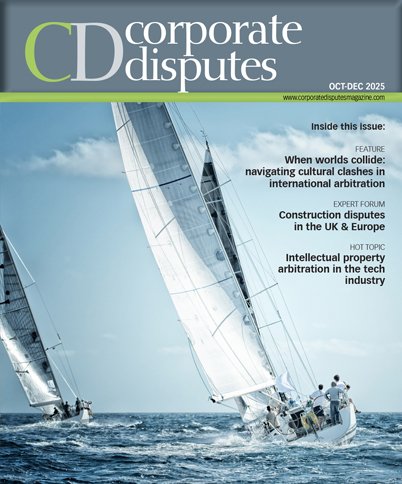LABOUR AND EMPLOYMENT LITIGATION
CD: Could you summarise recent changes in labour laws and emerging issues in employment litigation? How are these trends influencing the future of employment litigation?
Boedeker: Labour laws are rapidly evolving, with key changes focused on flexible work arrangements, paid leave and worker protections in the gig economy. Notably, many jurisdictions are introducing more robust protections for remote workers, ensuring that employers provide a safe work environment, pay for home office expenses and establish clear work-hour policies. Additionally, there is a growing focus on pay equity, especially as companies face pressure to disclose salary ranges. These shifts are pushing employers to rethink workplace flexibility and inclusivity, leading to an increase in lawsuits related to misclassification of workers – contractors versus employees – and workplace accommodations. Recent developments in employment law in 2024-25 reflect significant legislative changes at both UK and US federal and state levels, aiming to expand worker protections, clarify employer obligations and adapt to evolving workforce needs.
Nwogu: Emerging issues in employment litigation are constantly evolving due to changes in workplace dynamics, technology, regulatory frameworks and social expectations. Remote work challenges, the impact of artificial intelligence (AI)-based employment decisions, social media and employee speech issues, as well as employee privacy and data security issues, are at the technology-related forefront. Some of these areas, such as lawsuits under biometric and privacy laws and for excessive surveillance or lawsuits over algorithm-driven employment decisions, are unchartered territory. Furthermore, in the US, we are currently experiencing a strong diversity, equity and inclusion backlash. Lastly, we see possible legal issues arising in the employee mental health area.

